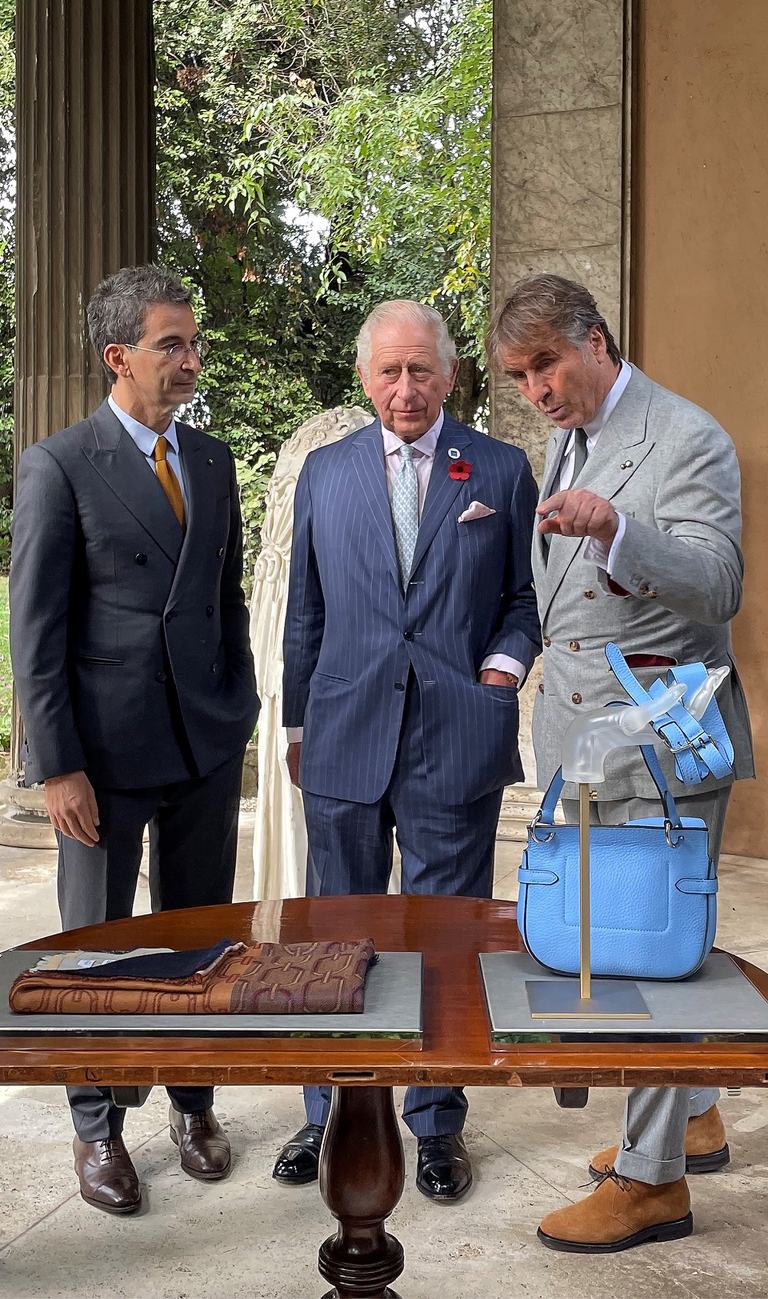https://www.lifegate.it/moda-cop27
- |
These days the world's attention is focused on what is happening in Egypt, in Sharm el-Sheikh.This is because the twenty-seventh is underway United Nations World Climate Conference, Cop27, until November 18th.A moment that brings together hundreds of journalists, scientists, representatives of NGOs and institutions, leaders and government delegates to outline action plans on the subject of climate emergency globally.
For this edition also the manufacturing industry fashion is present to re-discuss and redesign its mechanisms and processes, focusing on circularity, renewable energy, production and advanced logistics.This is because, as has been known for some time, fashion andtextile industry they are the most polluting economic sectors after the oil sector.
Overproduction and consequent overabundance of waste, excessive exploitation of resources such aswaterfall, global dispersion of the processes that characterize the supply chain are just some of the enormous problems that the system is starting to face in a systematic and strategic way.
Italian fashion at Cop27
Among this year's events, Federico Marchetti – founder of Yoox net-a-porter and president of King Charles III's Fashion task force – and the CEO of Brunello Cucinelli Riccardo Stefanelli intervened to illustrate the results and progress made by the project Himalaya regenerative fashion living lab.

The project, which takes advantage of the association in the field Reforest action and of Circular bioeconomy alliance, has as its primary objective that of creating value chains by intervening on local communities in some areas of the Himalayas, restoring degraded landscapes and recovering the traditional craft and textile skills in order to improve the local cashmere, cotton and silk economies.
To date they have been planted further a million trees, helping to secure a job for 354 people and involving more than 1700 local landowners, families and farmers.
The event was preceded by a meeting held last November 4 at Buckingham Palace, which was attended by King Charles III, the new British Prime Minister Rishi Sunak and more than 300 representatives from the most important companies around the world.
Is fashion doing enough?
Is fashion doing enough to reduce its impact?We will try to give an answer to this question – certainly not exhaustive – during the panel Fashion industry on the race to zero, the fashion industry racing towards decarbonisation.
The event is organized by Fashion industry charter for climate action, a fashion industry-led initiative as part of the United Nations climate change, launched in 2018 during the conference Cop24 in Poland and renewed at Cop26 in Glasgow last year.
The purpose is to reduce greenhouse gas emissions to zero of the global fashion industry by 2050, and to do so it has organized its activities in working groups dedicated to the complex and diverse challenges of fashion, from the management of raw materials to the use of energy sources, from logistics to production techniques, up to communication.
There are three panel sessions and will include, among others, the responsible for sustainability and institutional affairs of the Kering group Marie-Claire Daveu, Puma's head of sustainability Stefan Seidel, and the president of Global fashion agenda Federica Marchionni.
Although not participating in the conference, representatives of China's industry will be present under the leadership of Kehua Hu, director of the sustainability program of the China national apparel council.
